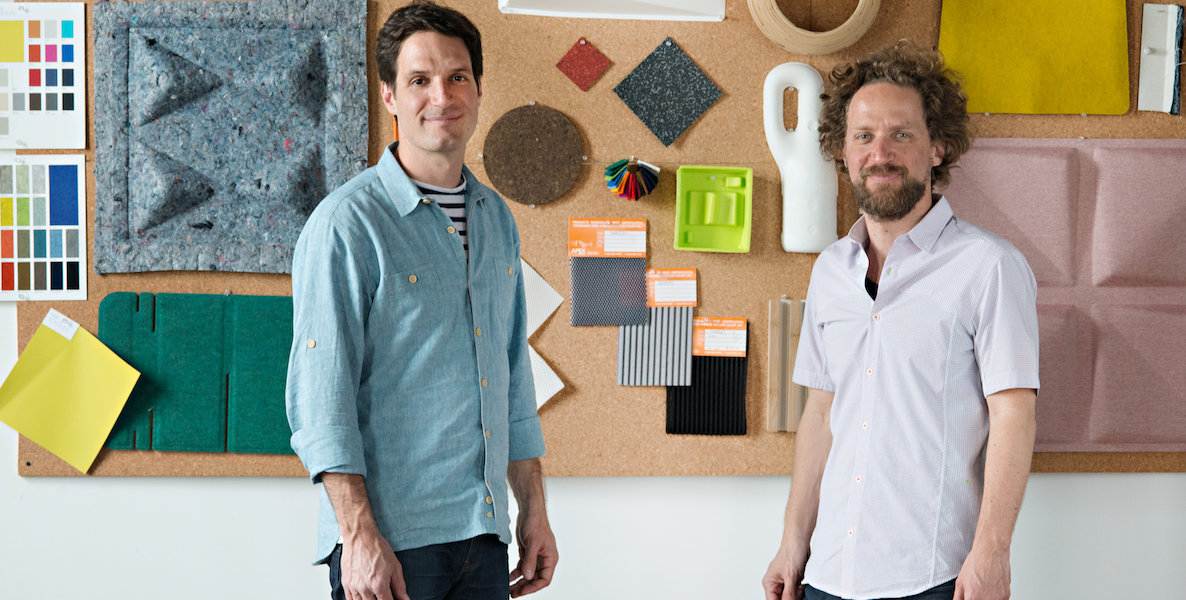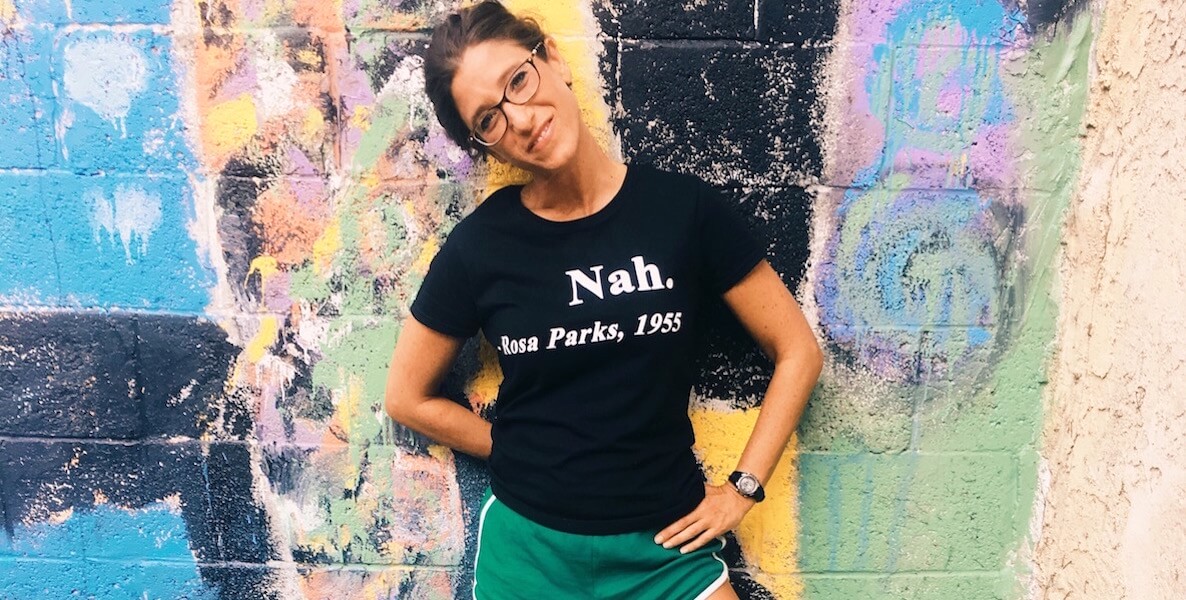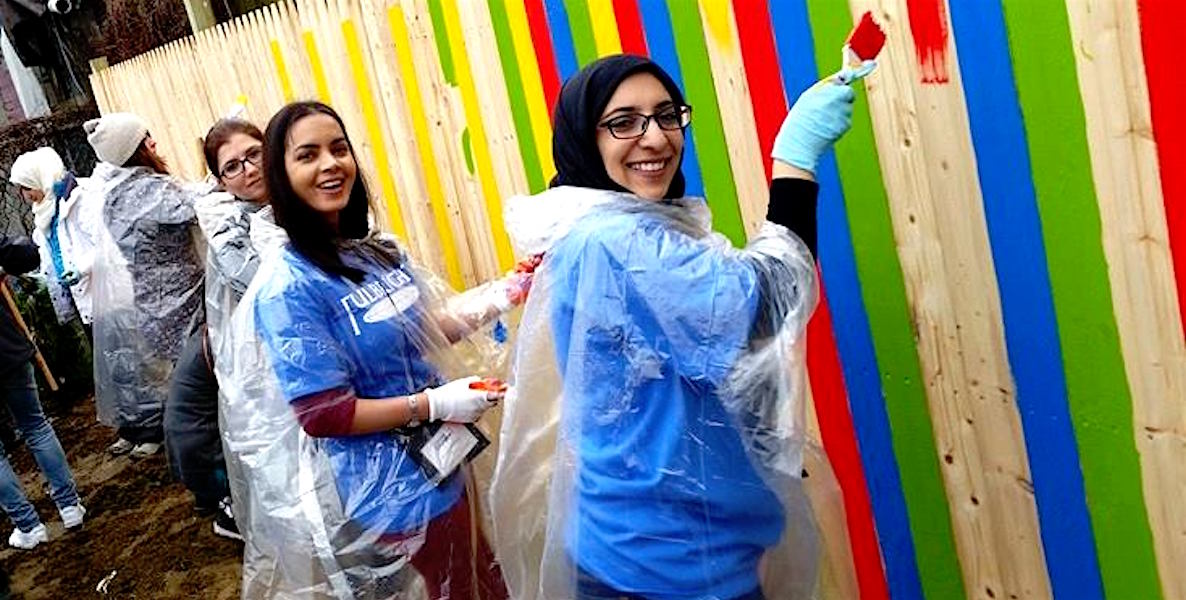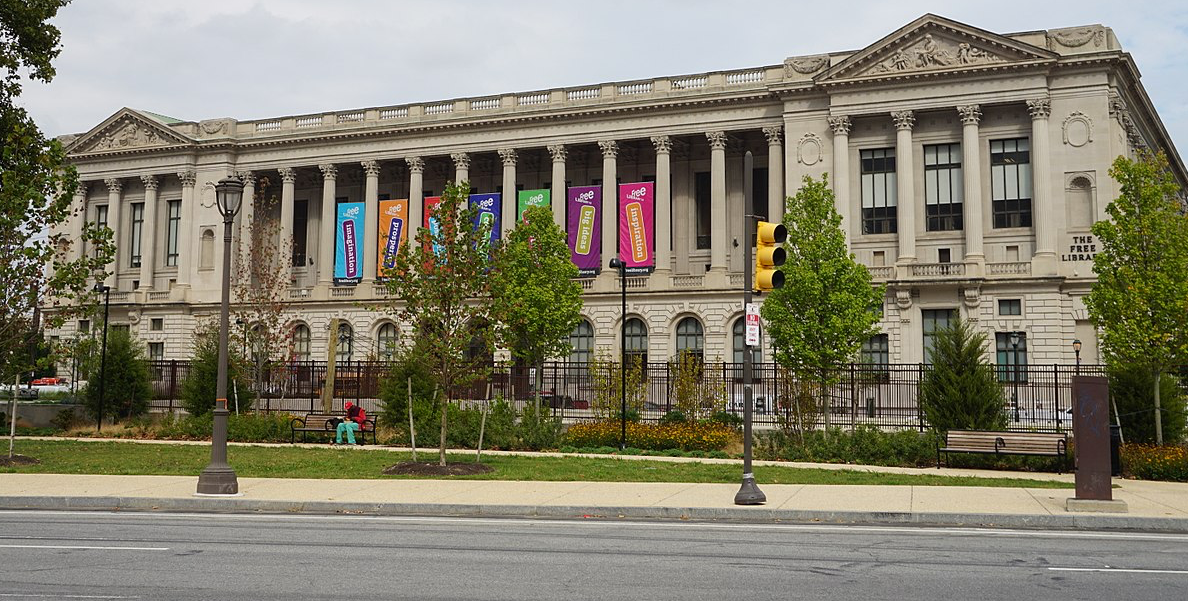In 2015, a few days after the death of Freddie Gray––the 25-year-old who suffered from a spinal injury after being brutally detained by Baltimore police––a group of Philadelphia teens gathered around a table at the Free Library in Rittenhouse Square, to share their frustration.
They wanted to join in one of the many protests that had erupted across the ![]() nation; but complained that their parents wouldn’t let them, out of concern that it would be too dangerous for the 14 and 15 year olds. They shared stories of trying to negotiate permission, the way some teens might negotiate a new phone or an extended curfew. After all, they said, they were not too young to witness police brutality in their own neighborhoods. But still, the answer from their parents was no.
nation; but complained that their parents wouldn’t let them, out of concern that it would be too dangerous for the 14 and 15 year olds. They shared stories of trying to negotiate permission, the way some teens might negotiate a new phone or an extended curfew. After all, they said, they were not too young to witness police brutality in their own neighborhoods. But still, the answer from their parents was no.
Erin Hoopes, the library’s branch manager, overheard their conversation that afternoon and pulled up a chair to join in. She started asking questions, like how the death of Freddie Gray made them feel, or what it was they thought should be done.

And what she discovered was a group of voices that had rarely been heard––but voices that actually had something important to offer.
“It just made me think, we need to think about kids who want to make their voices heard,” Hoopes says. “A lot of them don’t have an opportunity to speak up, or maybe they have some opportunity, but need more.”
That encounter prompted Hoopes to launch two Free Library programs under the name Social Justice Teens, with an initial grant from the Strategic Initiative department within the Free Library. The Teen Reading Lounge, is a monthly gathering at the Rittenhouse library branch, where a diverse group of Philadelphia youth read and discuss books with a social justice bent. This past school year about 10 students a month read Dear Martin by Nic Stone; Beyond Magenta by Susan Kuklin; American Street by Ibi Zoboi; and others. Word of the Teen Reading Lounge has spread through local schools, through students inviting friends or Hoopes visiting classrooms.
“This is going to be our world in the next 10 years or so,” says Geneva. “I feel like being exposed to these different issues will impact how we address them in the future. And maybe we can find solutions to these problems, or maybe we can help prevent future problems.”
And this month, Hoopes has organized the third annual Social Justice Symposium for Teens, a day-long event featuring speakers and workshops addressing issues such as homelessness, poverty, racism, sexism, media relations and many others. This year’s symposium will be on July 18, and will feature a keynote address from Philly’s student poet laureate, Husnaa Hashim.
“The idea of the workshops are to give the kids a deeper understanding of the issue,” says Hoopes. “And also help them figure out what actions they can take to improve an issue or give back to their city.”
In its first year, The Social Justice Symposium for Teens welcomed 30 kids. Last year, that number reached 50; Hoopes is hoping for even more this summer.
The programs are emerging at a time when teens in America are gaining traction as important voices in controversial discussions, like the gun rights activists who emerged from the survivors of the Marjory Stoneman Douglas High School shooting in Florida. As Nicholas, a Philadelphia teen who participates in Social Justice Teens, says, “We are kind of just here to clean up the mess.”
“Look at Congress,” says Timmy, another Social Justice Teen. “A bunch of 70 year-old men who are somehow making decisions that are going to be life-lasting for us. No.”
![]()
“Yeah––we are the next generation, like, this is going to be our world in the next 10 years or so,” Geneva adds. While only in high school, Geneva speaks with a maturity far beyond her years––perhaps even beyond the years of her elected officials. “So we are going to be making the laws and I feel like being exposed to these different issues will impact how we address them in the future. And maybe we can find solutions to these problems, or maybe we can help prevent future problems.”
Social Justice Teens is entirely run by the teens themselves––they choose the books to read, they guide the conversations, they plan the annual symposium and they choose what issues to tackle. All Hoopes has done is, “provide the space for them to be heard.”
“Their voices are here,” says Hoopes, who was named a 2018 “Mover and Shaker” by the national Library Journal for her work with the teens. “It’s just a matter of who is listening. I think they have been speaking for a long time.”
Saturday, July 14, 10:30 am- 3:30 pm, free, Free Library of Philadelphia Philadelphia City Institute branch, 1905 Locust Street
Wikimedia Commons






